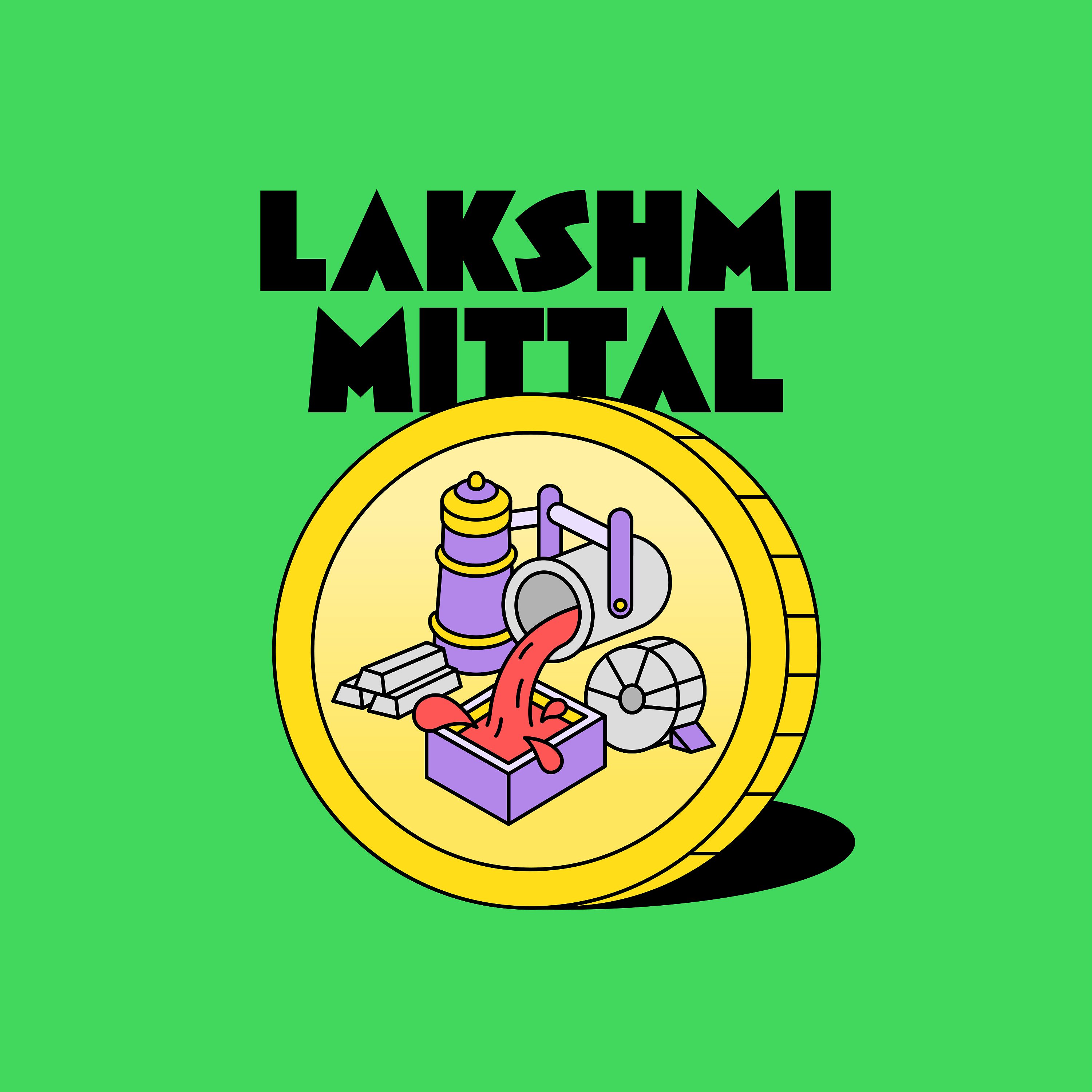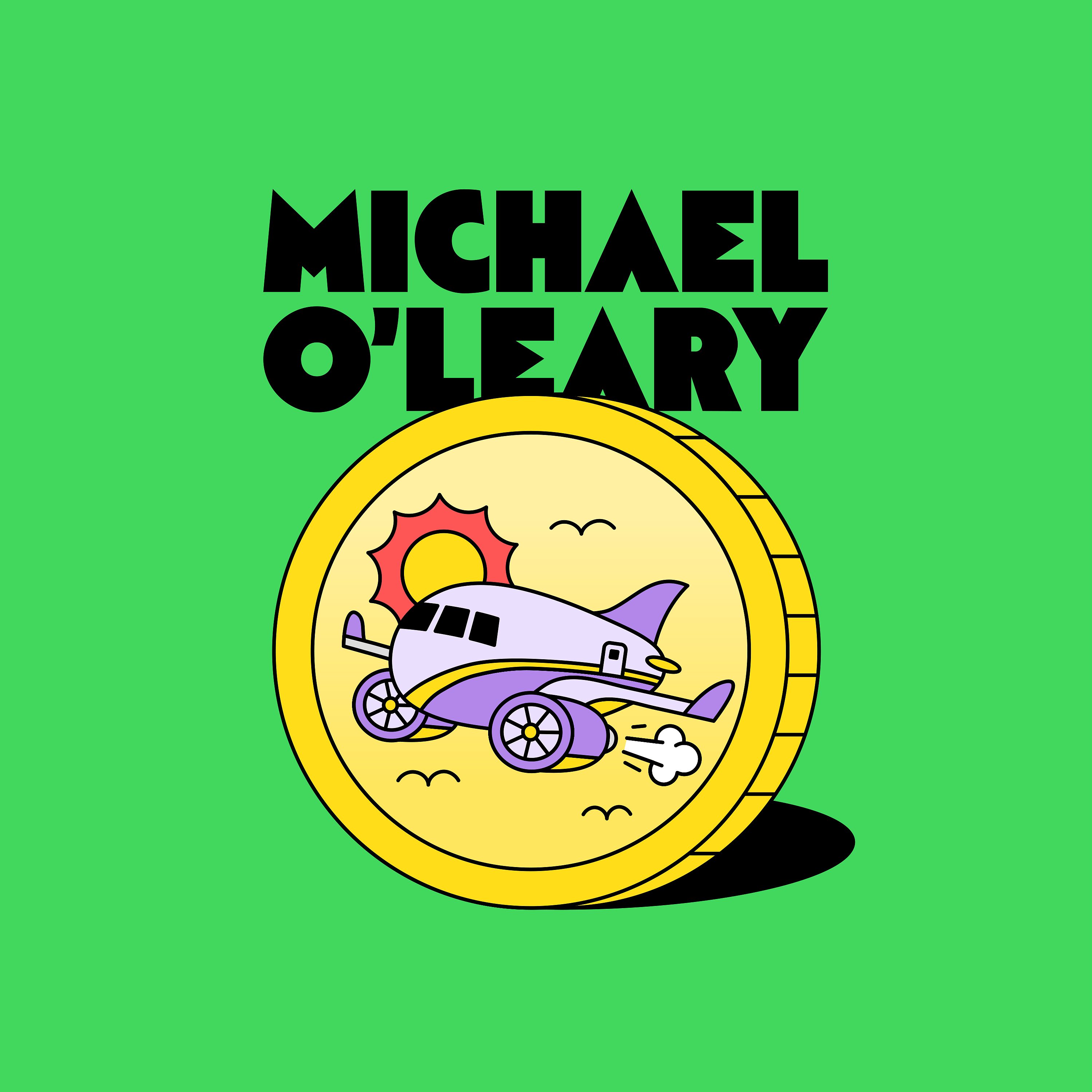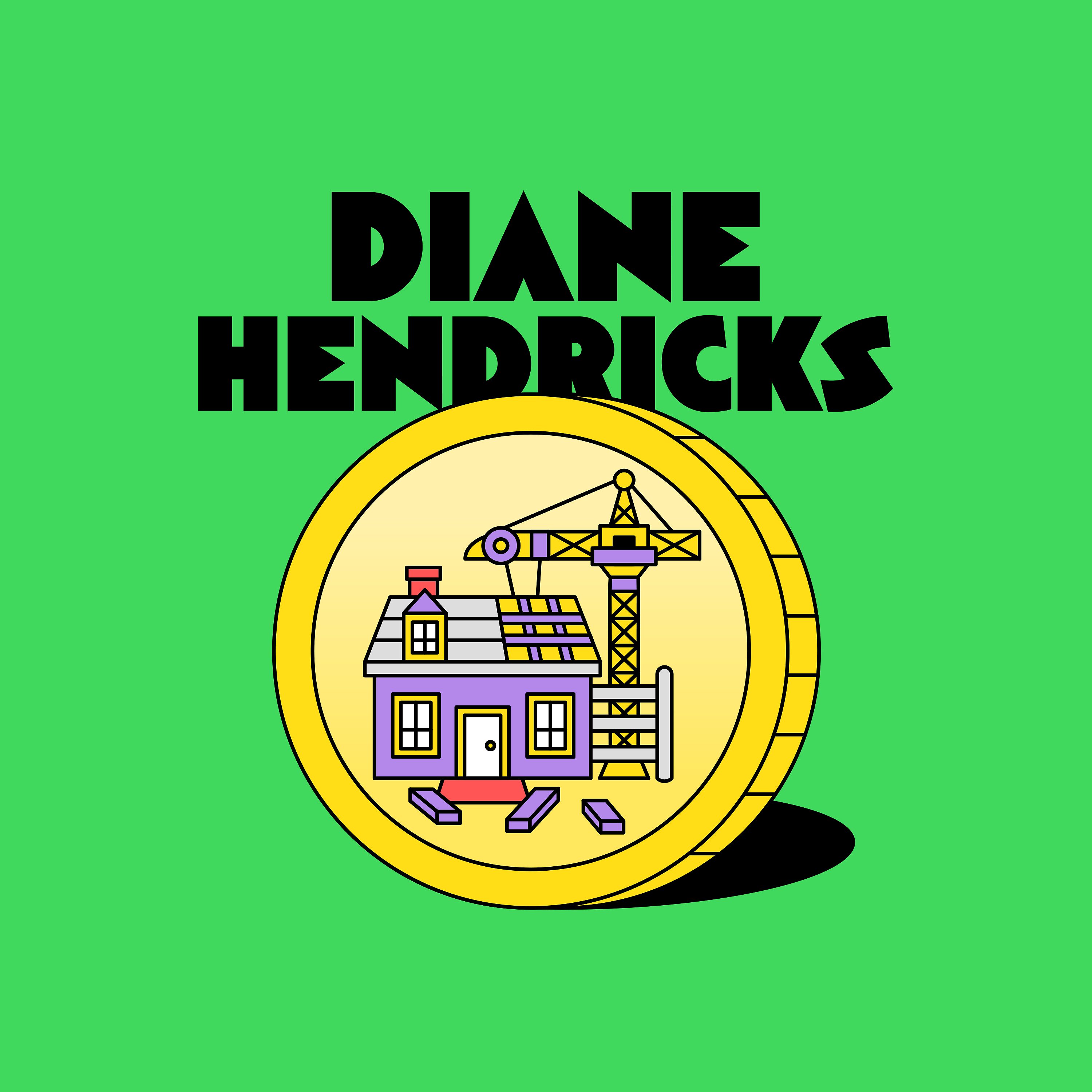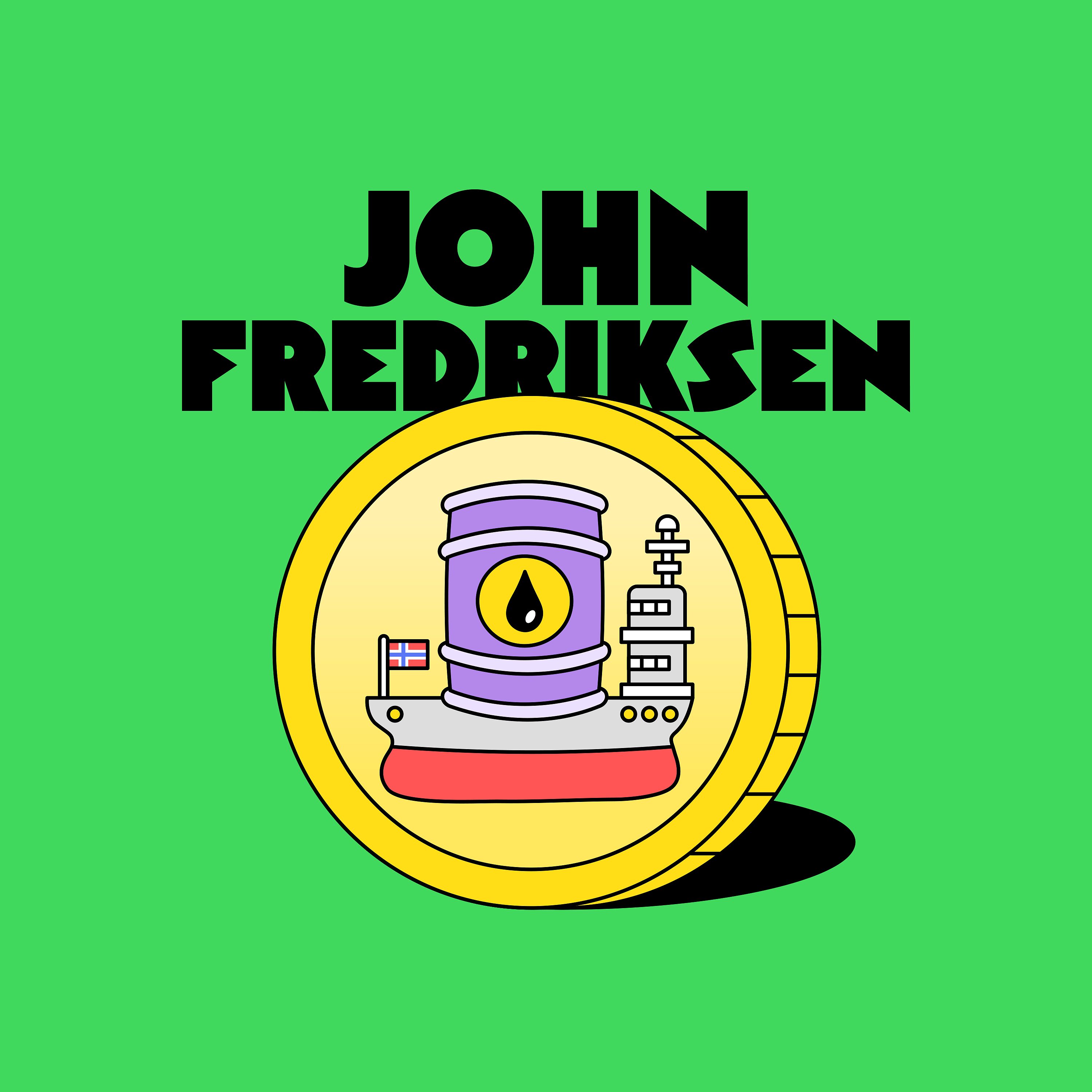El Chapo: Cocaine kingpin
The story of Mexican drug lord Joaquín Archivaldo Guzmán Loera, better known as El Chapo, the leader of one of the world’s most prolific, violent and powerful drug cartels.
BBC business editor Simon Jack and journalist Zing Tsjeng follow El Chapo from childhood in the Mexican mountain region of Sinaloa to the very top of the drug business, and into the New York prison cell where he now resides.
Simon and Zing reveal how El Chapo innovated with tunnels along the US-Mexican border, escaped prison twice, and used extreme violence to gain power. Then they are given the simple task of deciding if he's good, bad, or just another billionaire.
We’d love to hear your feedback. Email goodbadbillionaire@bbc.com or drop us a text or WhatsApp to +1 (917) 686-1176.
To find out more about the show and read our privacy notice, visit www.bbcworldservice.com/goodbadbillionaire
Press play and read along
Transcript
Transcript is processing—check back soon.





